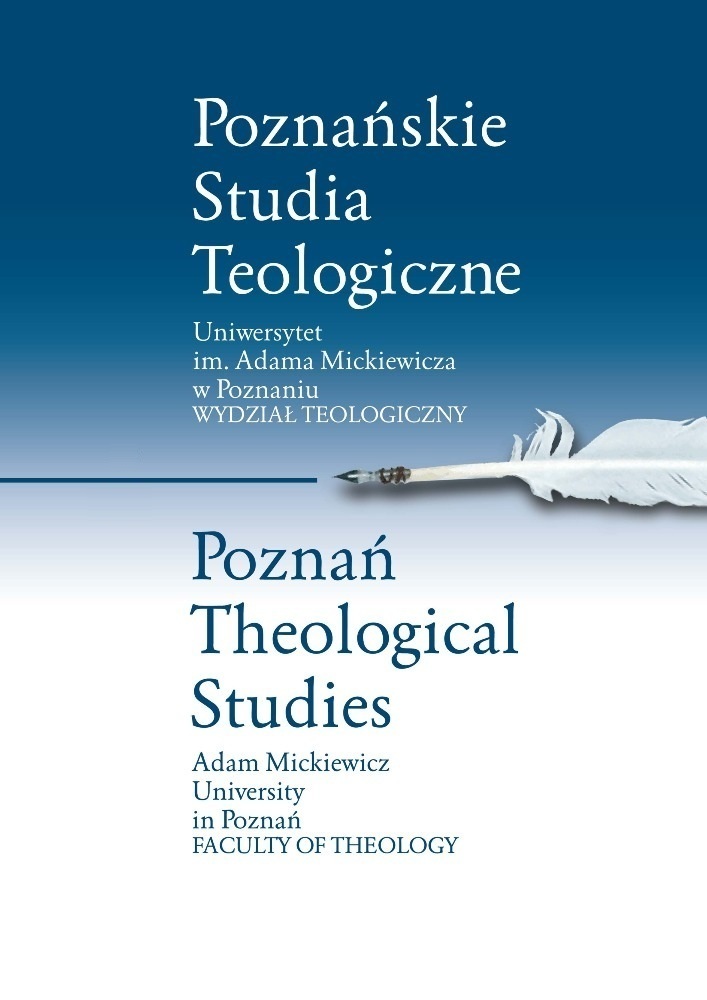Abstract
Psalms of the Future by Zygmunt Krasi?ski once belonged to a group of the most important patriotic-religious literary works in Polish culture and address Poles as a priestly people. In the poet’s output the Psalms are a work abounding in biblical reminiscences more than any other of his poetical productions. Although they do not repeat the formal features of the Polish translations of the biblical Psalms, in the initial period of their public reception no doubts were raised concerning their genre. In Romanticism they were perceived to be a collection of psalms according to the then accepted determinants of the genre. The following determinants were taken into account: the message pertaining to the practice of the virtues of faith, hope and charity, the construction of the subject who reaches out for the mystery of things divine (here the influence of Byron’s Hebrew Melodies can be seen) and the religious zeal of the entire utterance, patriotic commitment included. In the latter case the traditions of Classicism were a significant influence. As a seer-poet, but also a hierophant-mystagogue, Krasi?ski prescribed spiritual exercises to his fellow countrymen. Krasi?ski's Psalms are in their esoteric-hermetic content inspired, among others, by the texts of the great French religious poet Victor de Laprade.Licenza
Copyright
© 2012 Uniwersytet im. Adama Mickiewicza w Poznaniu, Wydawnictwo Naukowe UAM, Poznań
OPEN ACCESS
